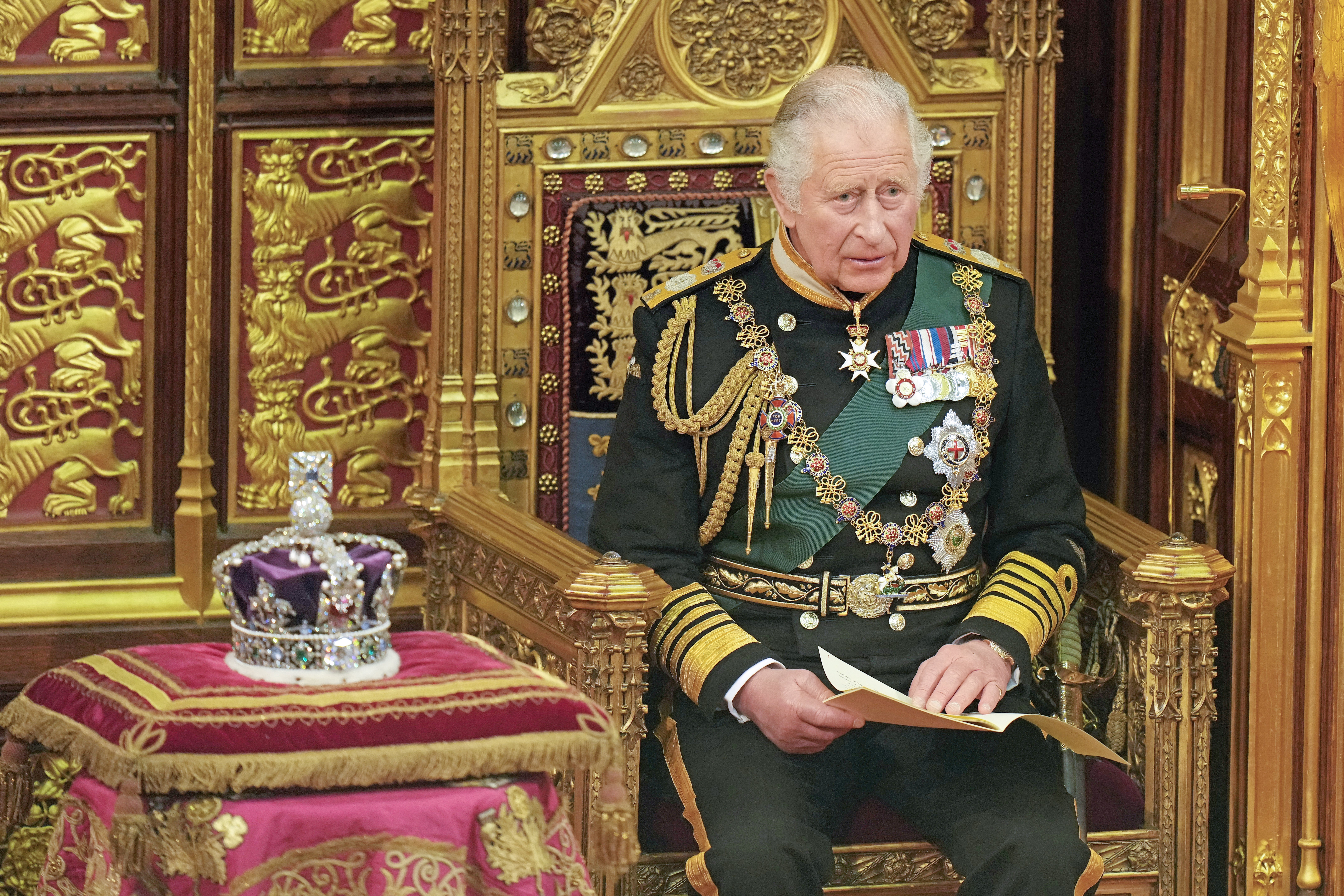What are Charles III’s duties and powers as King?
The monarch must remain politically neutral and has ‘an important formal and ceremonial relationship’ with Parliament.

Your support helps us to tell the story
From reproductive rights to climate change to Big Tech, The Independent is on the ground when the story is developing. Whether it's investigating the financials of Elon Musk's pro-Trump PAC or producing our latest documentary, 'The A Word', which shines a light on the American women fighting for reproductive rights, we know how important it is to parse out the facts from the messaging.
At such a critical moment in US history, we need reporters on the ground. Your donation allows us to keep sending journalists to speak to both sides of the story.
The Independent is trusted by Americans across the entire political spectrum. And unlike many other quality news outlets, we choose not to lock Americans out of our reporting and analysis with paywalls. We believe quality journalism should be available to everyone, paid for by those who can afford it.
Your support makes all the difference.The King is a constitutional monarch who must remain politically neutral.
The head of state has “an important formal and ceremonial relationship” with Parliament, the monarchy’s official website says.
Charles’s role will consist, as did the late Queen’s, of assenting to Bills passed by Parliament on the advice of ministers.
He will also give audiences to ministers, at which he may “encourage or warn” them and be consulted on issues. He can also summon new Parliaments on the Government’s advice, and open and close – or prorogue – each session of Parliament.
His assent is required to all bills passed by Parliament in order for them to become law. Royal Assent has not been refused since 1707.
It is also a long established convention that the monarch is asked for consent to debate bills which would affect the prerogative or interests of the Crown.
Research by The Guardian in 2021 found more than 1,000 laws had been vetted by Elizabeth II – including whether national traffic rules applied to her private estates of Balmoral and Sandringham.
In the annual State Opening of Parliament ceremony, the King will open Parliament in person, and deliver the King’s Speech.
It will also be Charles’s duty to appoint any future prime ministers – one of the few remaining personal prerogatives of the sovereign.
The monarch does not act on advice nor need to consult anyone before calling upon the leader with an overall majority of seats in the House of Commons to form a government.
It was one of the Queen’s last ever duties, just two days before she died, when she appointed Liz Truss as PM at Balmoral Castle.
The King will also hold a regular audience with Ms Truss, usually weekly on a Wednesday.
He has already met with Ms Truss, the Cabinet, opposition leaders and Realm High Commissioners in the three days since his accession.
The monarch is also head of the Privy Council, which usually meets once a month.
This is the oldest form of legislative assembly still functioning in the UK, responsible for a number of executive responsibilities.
At each meeting the Council obtains the King’s formal approval to orders which have already been discussed and approved by ministers.
He also approves proclamations through Council – which are formal notices cover issues such as the summoning of a new Parliament, coinage and the dates of certain bank holidays.